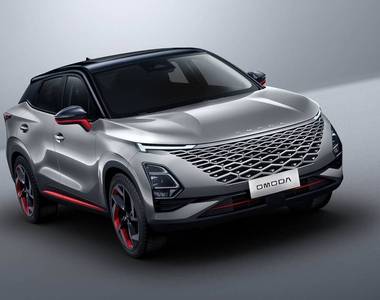This new technology for EVs uses a combination of hydrogen and battery power to provide an energy density capable of allowing a passenger vehicle to cover a distance of over 3,000 miles, with a short stop to refill the fluid in its battery.
While electric vehicles are an environmentally-friendly option in comparison to their diesel and petrol rivals, their limitations can put purchasers off. For example, the inconvenient length of charging times, the shorter range and the lack of a wide network of available charging stations can prove problematic for drivers.
Design solutions for the limitations of EVs
Now scientists in Scotland and the US are working on alternative technology that could provide a solution to these issues in the form of a refill car battery.
This new incarnation of the electric car battery uses a patented flow system that means it could be refuelled in a matter of minutes via modified service stations.
John Cushman of Purdue University in Indianapolis is a lead researcher in this technology for liquid batteries. Discussing what the science could mean for drivers, he explained:
“You drive 300 miles, drain your tank and pump in new [liquid] - as long as it would take to fill your car with gasoline - and drive off.”
This is a dramatic difference from the li-ion batteries in electric cars at present which require a 45 minute recharge time.
Lee Cronin, a chemist and leading researcher for liquid batteries at the University of Glasgow, also has high hope for these new liquid batteries, saying they “would turn EVs into the cultural equivalent of a fuel car”.
The flow system generates electricity through a single fluid in order to power a car, along with producing hydrogen as and when needed. Professor Cushman is currently testing the technology on golf carts. He spoke of the viability of this technology to members of the press, stating it would provide both increased range and lighter batteries for EVs, making flow batteries a serious candidate for a power supply for the eco-conscious cars.
It’s uncertain at this point when we could see EVs fitted with flow batteries, but Cushman, who is a professor of both mathematics and earth, atmospheric and planetary sciences, believes it will hinge on a supportive partnership and funding from the industry.











